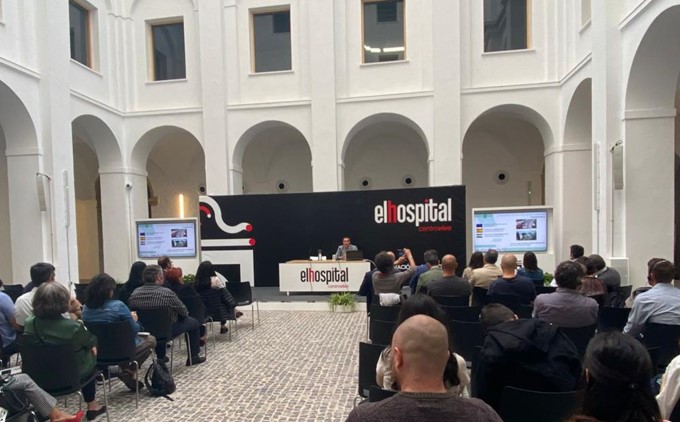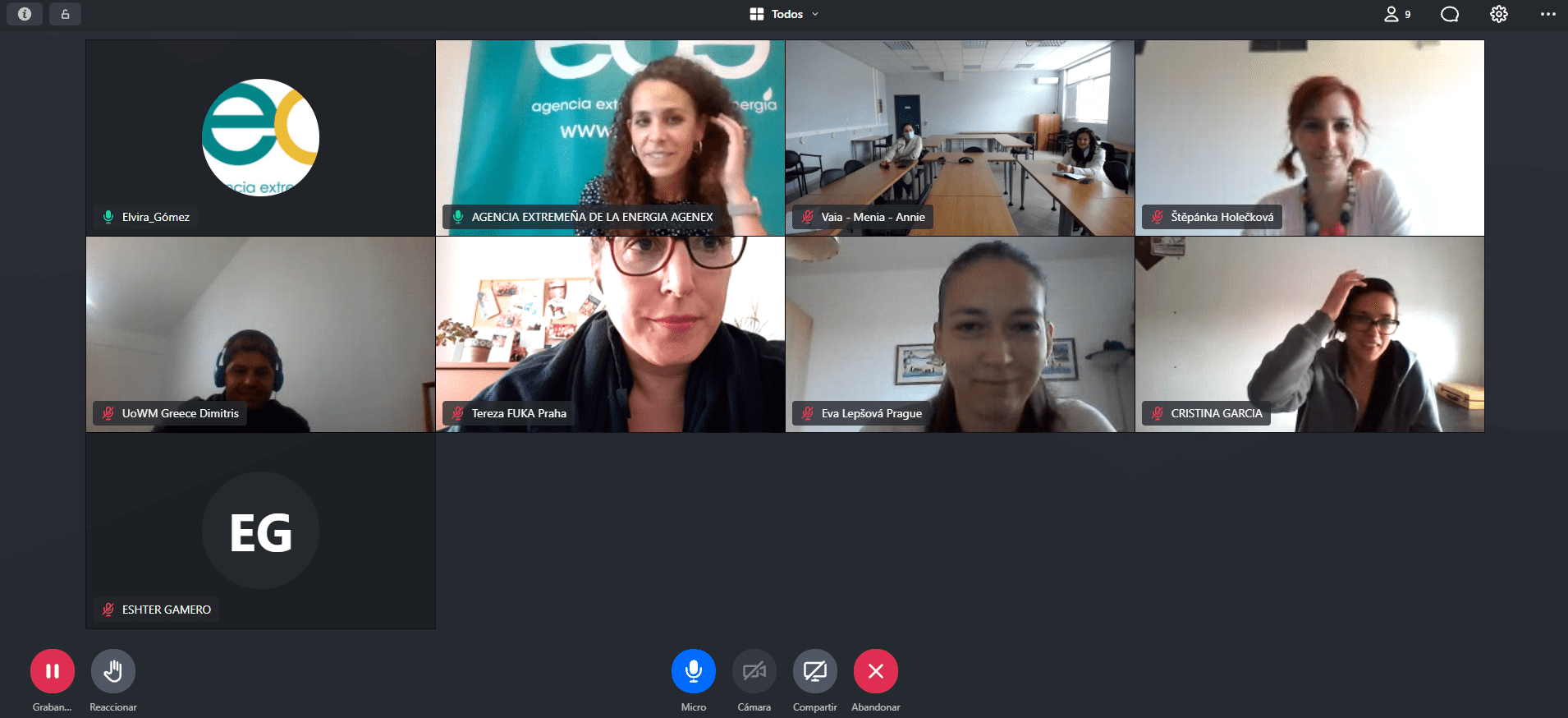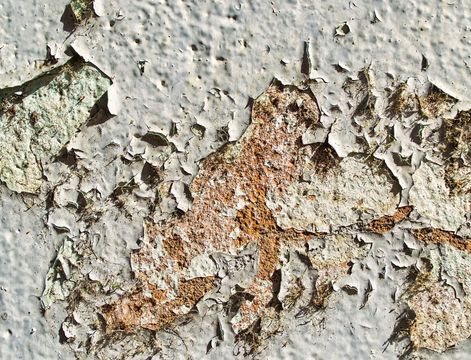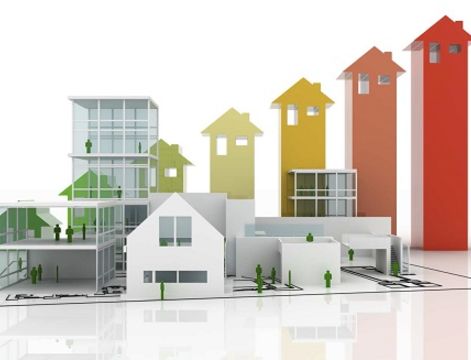The objective of the “Casa Eficiente 2020” programme (“Efficient Housing 2020”) is both environmental, to improve the performance of the housing stock, and economic, to promote the construction industry and create jobs.
The principles of the programme, the amount involved and the objectives it pursued had already been presented for several years, but only now is it formally given the kick-off for the "Casa Eficiente 2020" support programme. The objective of improving buildings’ energy efficiency is transversal to the European territory, also because Portugal is one of the countries where there are more complaints in this sense - a survey released at the end of last year by the environmental association Quercus, revealed that only one in ten Portuguese have their house thermally comfortable.
The initiative was promoted by the Portuguese government, the European Investment Bank (EIB) granted a sum of 100 million euros, and the remaining amount, of equal value, was provided by three national commercial banks that joined the programme (Caixa Geral de Depósitos, Millennium BCP and Novo Banco). In total, the programme has an expected budget of 200 million euros for the period 2018-2021.
There were already financial programmes and instruments to support urban rehabilitation, but all of them met some criteria, namely localization in areas that were previously defined by the municipalities as rehabilitation areas. The relevance of “Casa Eficiente 2020” is due to the extent to which it can be spread throughout the national territory, both on the continent and in the autonomous regions of Madeira and Azores.
What interventions will support the "Casa Eficiente"?
This programme will support interventions on the building's envelope (walls, roofs, windows) and systems (lighting, ventilation, domestic hot water production, sanitary devices, irrigation) and the support will come to the market through competitive loans, which can be contracted from the three commercial banks that have joined the programme.
Interventions to be supported may relate to existing buildings or fractions (including common parts of such buildings) if these are used as collective or single-family housing.
The non-residential divisions may only benefit in cases where these do not represent more than half of the building’s construction area and in question is an operation that covers the whole building. The replacement of existing appliances by more efficient models is also eligible if the cost does not exceed 15% of the total eligible investment amount for the operation. The system is designed to be of easy and universal access. The Portuguese Confederation of Construction and Real Estate (CPCI) worked on the construction of a digital portal, where anyone can simulate an application. The programme may be used by any person, singular or collective of private law, who owns a building or an autonomous fraction.









